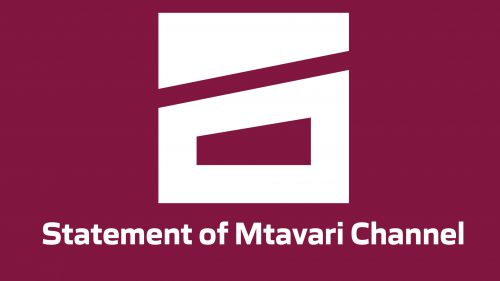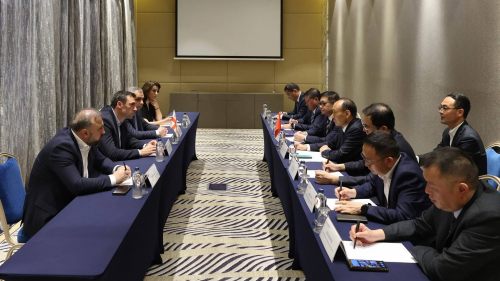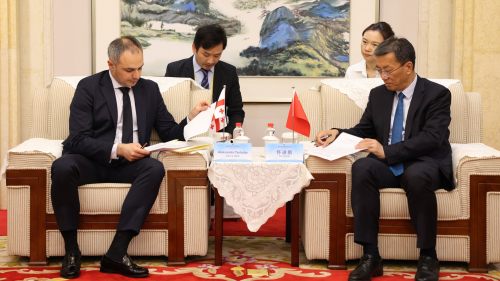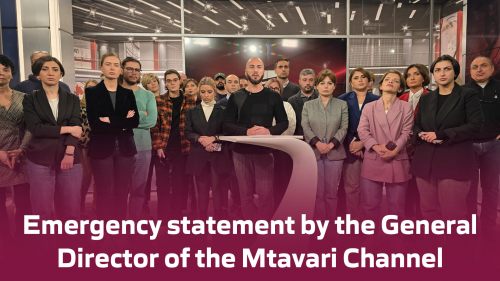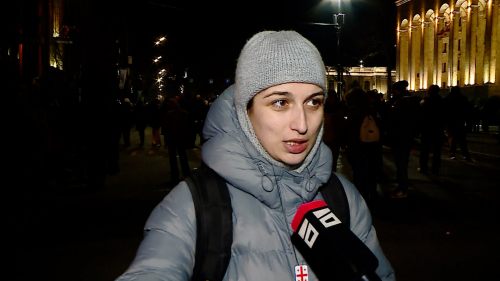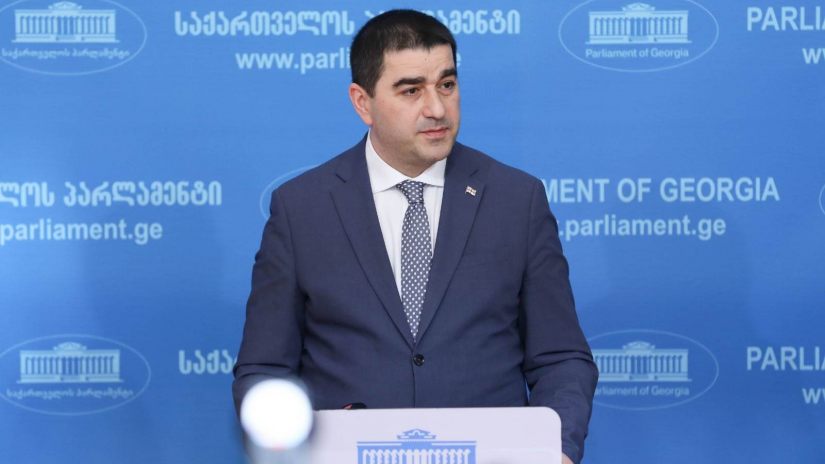
The Speaker of the Parliament, Shalva Papuashvili, says that imposing any kind of restrictions on Russia will lead to escalation, which, in his words, may lead Georgia to a military confrontation with Russia. Papuashvili said this while talking to journalists. Media representatives asked Papuashvili about the establishment of a visa regime with Russia. According to Papuashvili, any restrictions for Russia, including the imposition of a visa regime, closing the border, banning flights, etc. are sanctions. According to him, all those who demand such restrictions are asking for escalation with Russia.
"Any such action, the introduction of visas, the closing of the border, the ban on flights, all these are sanctions, which means that the country is heading to escalation of relations with Russia. Escalation, in turn, means that we are entering such a spiral, the consequences of which cannot be predicted in advance. Therefore, on the contrary, when sanctions are imposed , of course, it is expected that there will be counter-sanctions, retaliatory measures, which ultimately means that the security of our country will be threatened and the economic situation of our country will be threatened. I would like to remind everyone that the Russian army is in 30 kilometers from the capital and 500 meters from the main highway connecting Western and Eastern Georgia, this is the biggest military risk for our country. In addition, there is also a great danger that Russia will move from the policy of occupation to the policy of annexation. Those who propose imposing visas, closing the border, banning flights, closing the airspace, etc., that is, those who propose imposing sanctions on Russia, are actually telling us that we should risk escalation and a possible military confrontation with Russia. At the same time, it is important that those who tell us that we should impose sanctions on Russia, no one gives us guarantees of either security or economic security," Papuashvili said.
In addition, Papuashvili claimed to journalists that the majority of Georgian citizens like the policy of the "Georgian Dream".



